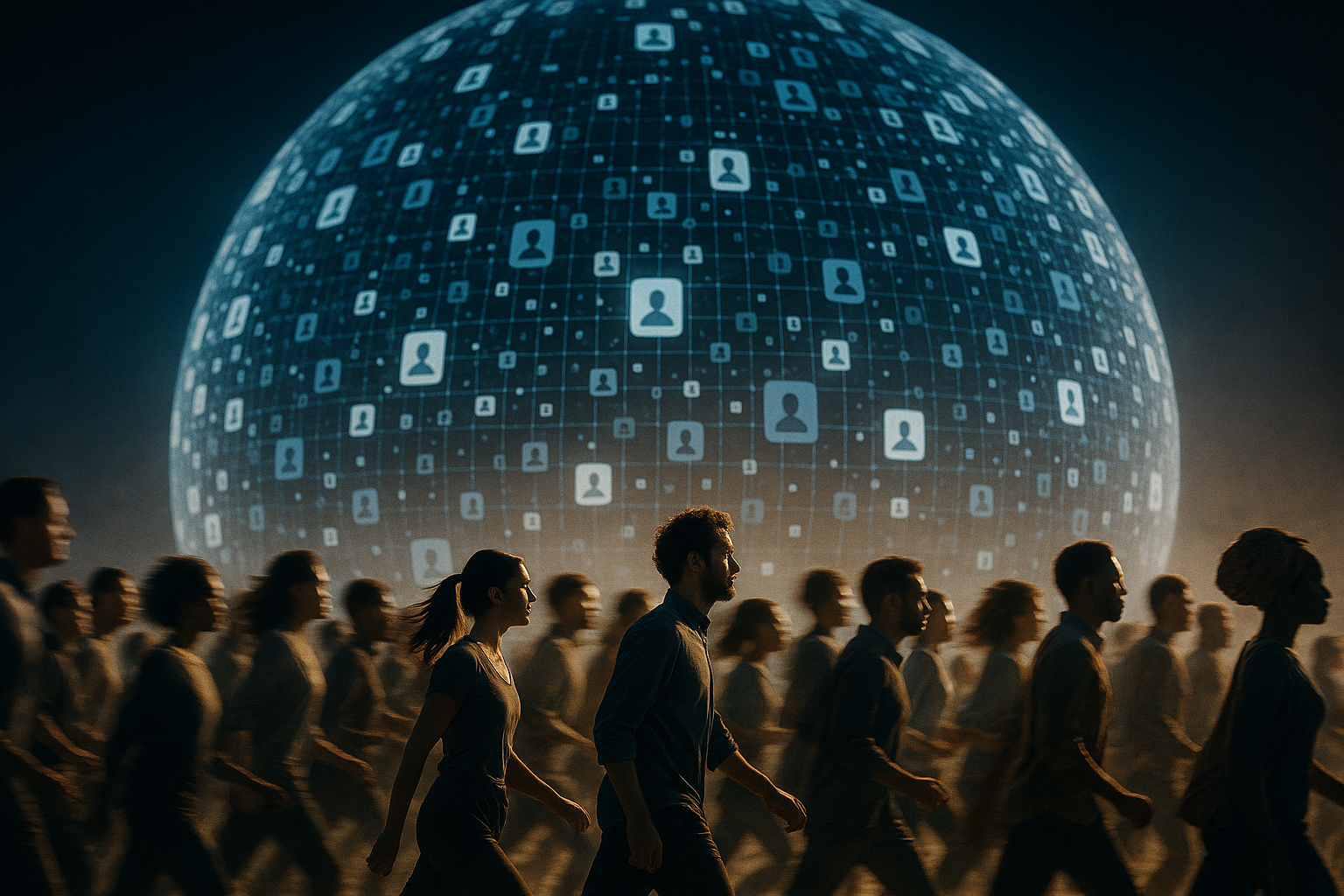Collective Intelligence in the Age of Social Media
The interplay between human cognition and digital networks has given rise to a fascinating phenomenon: collective intelligence in the era of social media. This emergent form of group thinking and problem-solving is reshaping how societies tackle complex issues, make decisions, and innovate. Read below to explore how our interconnected world is harnessing the power of many minds.

The Evolution of Collective Intelligence
Collective intelligence has roots in biological systems, where swarms of insects or schools of fish demonstrate remarkable group behavior. In human societies, it has manifested in various forms throughout history, from tribal decision-making to academic collaboration. The digital age, however, has catapulted this concept into uncharted territory.
Social media platforms have become the new agoras, where ideas collide, mutate, and evolve at unprecedented speeds. These virtual spaces allow for real-time, global-scale interactions that were previously impossible. The result is a dynamic ecosystem of thoughts and opinions that can rapidly converge on solutions to complex problems.
Mechanisms of Digital Collective Intelligence
At the heart of digital collective intelligence lies the principle of aggregation. Social media platforms act as vast data collection and processing systems, gathering inputs from millions of users. Algorithms then sift through this information, identifying patterns and trends that individual users might miss.
This process is further enhanced by the diverse nature of online communities. People from different backgrounds, cultures, and areas of expertise can contribute their unique perspectives, leading to a more comprehensive understanding of issues. The asynchronous nature of online interactions also allows for deeper reflection and iterative improvement of ideas.
Real-World Applications and Impact
The applications of collective intelligence in the social media age are diverse and far-reaching. In the field of scientific research, platforms like Zooniverse have enabled citizen scientists to contribute to projects ranging from galaxy classification to wildlife monitoring. This democratization of science has not only accelerated research but has also fostered greater public engagement with scientific endeavors.
In the realm of politics and governance, social media-driven collective intelligence has transformed public discourse and policy-making. Governments and organizations are increasingly using digital platforms to gather public opinion, crowdsource policy ideas, and even predict social trends. This shift towards more participatory forms of governance has the potential to make decision-making processes more inclusive and responsive to public needs.
Challenges and Ethical Considerations
While the potential of collective intelligence in the social media age is immense, it is not without challenges. The same mechanisms that facilitate the rapid spread of valuable information can also propagate misinformation and conspiracy theories. The echo chamber effect, where individuals are exposed primarily to ideas that align with their existing beliefs, can hinder the diversity of thought crucial for effective collective intelligence.
Privacy concerns also loom large in this landscape. The vast amount of data generated through social media interactions raises questions about data ownership, consent, and the potential for manipulation. Striking a balance between harnessing collective intelligence and protecting individual rights remains a critical challenge.
The Future of Networked Minds
As we look to the future, the potential of collective intelligence in the social media age appears boundless. Emerging technologies like artificial intelligence and virtual reality promise to further enhance our ability to connect, collaborate, and co-create on a global scale. We may see the development of more sophisticated platforms designed specifically to harness collective intelligence, potentially revolutionizing fields from education to environmental conservation.
The evolution of collective intelligence in the digital age represents a profound shift in how we approach problem-solving and knowledge creation. By tapping into the collective wisdom of millions, we are unlocking new possibilities for innovation and understanding. As we navigate this new frontier, it is crucial to remain mindful of both its immense potential and its inherent challenges, ensuring that this powerful tool is used for the betterment of society as a whole.




